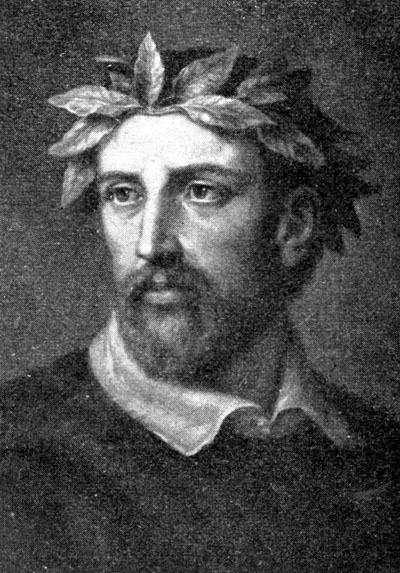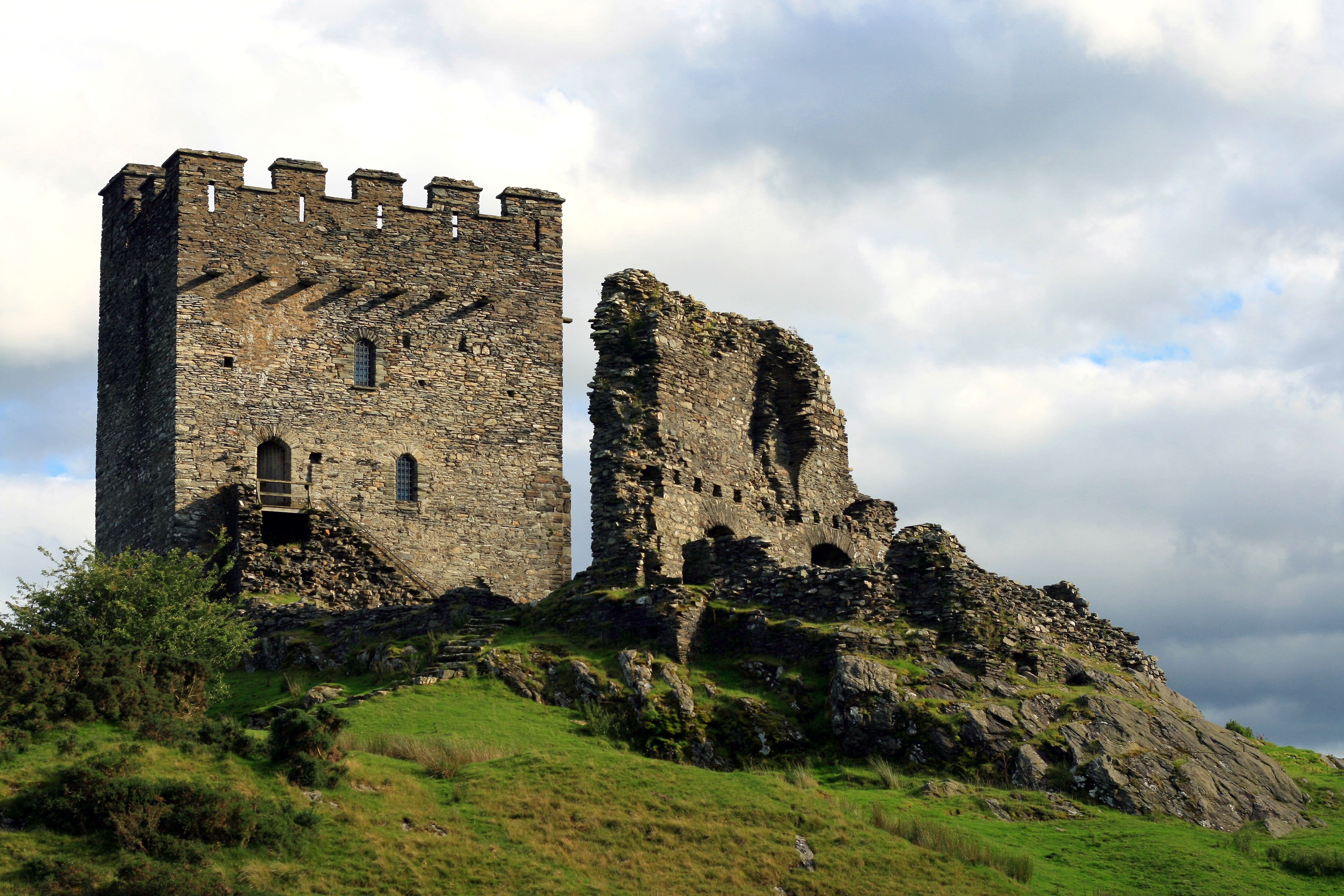|
Einion Ap Gwalchmai
The Welsh court poet Einion ap Gwalchmai ( fl. 1202–1223) was the son of the poet Gwalchmai ap Meilyr and brother of the poet Meilyr ap Gwalchmai. He lived in Gwynedd. Some lines of a praise poem to Llywelyn ab Iorwerth, Prince of Gwynedd, have survived, together with three impressive religious awdl In Welsh poetry, an ''awdl'' () is a long poem in strict metre (i.e. ''cynghanedd''). Originally, an ''awdl'' could be a relatively short poem unified by its use of a single end-rhyme (the word is related to ''odl'', "rhyme"), using cynghanedd; ...au (odes). :''Amser Mai, maith dydd, neud rhydd rhoddi'', :''Neud coed nad ceithiw, ceinlliw celli''. :''Neud llafar adar, neud gwâr gweilgi'', :''Neud gwaeddgreg gwaneg gwynt yn edwi'', :''Neud erfai ddoniau goddau gweddi'', :''Neud argel dawel, nid mau dewi''. Bibliography *J.E. Caerwyn-Williams (ed.), ''Gwaith Meilyr Brydydd a'i ddisgynyddion'' (Cardiff, 1994). Welsh-language poets 13th-century Welsh poets {{Wales ... [...More Info...] [...Related Items...] OR: [Wikipedia] [Google] [Baidu] |
Welsh Language
Welsh ( or ) is a Celtic language family, Celtic language of the Brittonic languages, Brittonic subgroup that is native to the Welsh people. Welsh is spoken natively in Wales, by some in England, and in Y Wladfa (the Welsh colony in Chubut Province, Argentina). Historically, it has also been known in English as "British", "Cambrian", "Cambric" and "Cymric". The Welsh Language (Wales) Measure 2011 gave the Welsh language official status in Wales. Both the Welsh and English languages are ''de jure'' official languages of the Welsh Parliament, the Senedd. According to the 2021 United Kingdom census, 2021 census, the Welsh-speaking population of Wales aged three or older was 17.8% (538,300 people) and nearly three quarters of the population in Wales said they had no Welsh language skills. Other estimates suggest that 29.7% (899,500) of people aged three or older in Wales could speak Welsh in June 2022. Almost half of all Welsh speakers consider themselves fluent Welsh speakers ... [...More Info...] [...Related Items...] OR: [Wikipedia] [Google] [Baidu] |
Court Poet
A poet laureate (plural: poets laureate) is a poet officially appointed by a government or conferring institution, typically expected to compose poems for special events and occasions. Albertino Mussato of Padua and Francesco Petrarca (Petrarch) of Arezzo were the first to be crowned poets laureate after the classical age, respectively in 1315 and 1342. In Britain, the term dates from the appointment of Bernard André by Henry VII of England. The royal office of Poet Laureate in England dates from the appointment of John Dryden in 1668. In modern times a poet laureate title may be conferred by an organization such as the Poetry Foundation, which designates a Young People's Poet Laureate, unconnected with the National Youth Poet Laureate and the United States Poet Laureate. The office is also popular with regional and community groups. Examples include the Pikes Peak Poet Laureate, which is designated by a "Presenting Partners" group from within the community, the Minnesota poet l ... [...More Info...] [...Related Items...] OR: [Wikipedia] [Google] [Baidu] |
Floruit
''Floruit'' (; abbreviated fl. or occasionally flor.; from Latin for "they flourished") denotes a date or period during which a person was known to have been alive or active. In English, the unabbreviated word may also be used as a noun indicating the time when someone flourished. Etymology and use la, flōruit is the third-person singular perfect active indicative of the Latin verb ', ' "to bloom, flower, or flourish", from the noun ', ', "flower". Broadly, the term is employed in reference to the peak of activity for a person or movement. More specifically, it often is used in genealogy and historical writing when a person's birth or death dates are unknown, but some other evidence exists that indicates when they were alive. For example, if there are wills attested by John Jones in 1204, and 1229, and a record of his marriage in 1197, a record concerning him might be written as "John Jones (fl. 1197–1229)". The term is often used in art history when dating the career ... [...More Info...] [...Related Items...] OR: [Wikipedia] [Google] [Baidu] |
Gwalchmai Ap Meilyr
Gwalchmai ap Meilyr ( fl. 1130 – 1180) was a Welsh-language court poet, connected with Trewalchmai in Anglesey. He was one of the earliest of the ''Gogynfeirdd'' ("less early poets") or ''Beirdd y Tywysogion'' ("Poets of the Princes"). He composed poems in praise of Owain Gwynedd, king of Gwynedd, and his brothers. He was the son of another poet, Meilyr Brydydd, and father of the poets Meilyr ap Gwalchmai and Einion ap Gwalchmai. He shares his name with Gwalchmei ap Gwyar, a figure from Welsh legend described as the nephew of Arthur and known in English as Gawain Gawain (), also known in many other forms and spellings, is a character in Arthurian legend, in which he is King Arthur's nephew and a Knight of the Round Table. The prototype of Gawain is mentioned under the name Gwalchmei in the earliest .... His most important work is perhaps ''Gorhoffedd Gwalchmai'' ("Gwalchmai's praise poem"), one of the greatest medieval Welsh poems. See alsoGwalchmai ap Meilyr at Wikis ... [...More Info...] [...Related Items...] OR: [Wikipedia] [Google] [Baidu] |
Meilyr Ap Gwalchmai
Meilyr ap Gwalchmai (fl. second half of the 12th century) was the son of the Welsh poet Gwalchmai ap Meilyr ( fl. 1130–1180) and brother of another poet, Einion ap Gwalchmai The Welsh court poet Einion ap Gwalchmai ( fl. 1202–1223) was the son of the poet Gwalchmai ap Meilyr and brother of the poet Meilyr ap Gwalchmai. He lived in Gwynedd. Some lines of a praise poem to Llywelyn ab Iorwerth, Prince of Gwynedd, ha .... His surviving work is religious in nature. Bibliography *J. E. Caerwyn-Williams (ed.), ''Gwaith Meilyr Brydydd a'i ddisgynyddion'' (Cardiff, 1994). 12th-century Welsh poets {{Wales-poet-stub ... [...More Info...] [...Related Items...] OR: [Wikipedia] [Google] [Baidu] |
Gwynedd
Gwynedd (; ) is a county and preserved county (latter with differing boundaries; includes the Isle of Anglesey) in the north-west of Wales. It shares borders with Powys, Conwy County Borough, Denbighshire, Anglesey over the Menai Strait, and Ceredigion over the River Dyfi. The scenic Llŷn Peninsula and most of Snowdonia National Park are in Gwynedd. Bangor is the home of Bangor University. As a local government area, it is the second largest in Wales in terms of land area and also one of the most sparsely populated. A majority of the population is Welsh-speaking. ''Gwynedd'' also refers to being one of the preserved counties of Wales, covering the two local government areas of Gwynedd and Anglesey. Named after the old Kingdom of Gwynedd, both culturally and historically, ''Gwynedd'' can also be used for most of North Wales, such as the area that was policed by the Gwynedd Constabulary. The current area is , with a population of 121,874 as measured in the 2011 Census. Et ... [...More Info...] [...Related Items...] OR: [Wikipedia] [Google] [Baidu] |
Llywelyn Ab Iorwerth
Llywelyn the Great ( cy, Llywelyn Fawr, ; full name Llywelyn mab Iorwerth; c. 117311 April 1240) was a King of Gwynedd in north Wales and eventually " Prince of the Welsh" (in 1228) and "Prince of Wales" (in 1240). By a combination of war and diplomacy he dominated Wales for 45 years. During Llywelyn's childhood, Gwynedd was ruled by two of his uncles, who split the kingdom between them, following the death of Llywelyn's grandfather, Owain Gwynedd, in 1170. Llywelyn had a strong claim to be the legitimate ruler and began a campaign to win power at an early age. He was sole ruler of Gwynedd by 1200 and made a treaty with King John of England that year. Llywelyn's relations with John remained good for the next ten years. He married John's natural daughter Joan in 1205, and when John arrested Gwenwynwyn of Powys in 1208, Llywelyn took the opportunity to annex southern Powys. In 1210, relations deteriorated, and John invaded Gwynedd in 1211. Llywelyn was forced to seek terms and to ... [...More Info...] [...Related Items...] OR: [Wikipedia] [Google] [Baidu] |
Awdl
In Welsh poetry, an ''awdl'' () is a long poem in strict metre (i.e. ''cynghanedd''). Originally, an ''awdl'' could be a relatively short poem unified by its use of a single end-rhyme (the word is related to ''odl'', "rhyme"), using cynghanedd; such early ''awdlau'' are associated with the Cynfeirdd such as Aneirin and Taliesin as found in collections such as the ''Book of Taliesin'', the ''Black Book of Carmarthen'', the '' Hendregadredd Manuscript'' or ''The Red Book of Hergest''. By the nineteenth century however it came to its modern definition as a long poem using at least two of the twenty-four recognised "official" strict forms (without the single end-rhyme). Each year at the National Eisteddfod the bardic chair is awarded for the ''awdl'' judged worthiest; this competition is the most famous and prestigious in the Eisteddfod, and perceived to be the most difficult. History ''Awdlau'' in the early period are to be distinguished from ''Englynion'', which are short, three ... [...More Info...] [...Related Items...] OR: [Wikipedia] [Google] [Baidu] |
Welsh-language Poets
Welsh ( or ) is a Celtic language of the Brittonic subgroup that is native to the Welsh people. Welsh is spoken natively in Wales, by some in England, and in Y Wladfa (the Welsh colony in Chubut Province, Argentina). Historically, it has also been known in English as "British", "Cambrian", "Cambric" and "Cymric". The Welsh Language (Wales) Measure 2011 gave the Welsh language official status in Wales. Both the Welsh and English languages are ''de jure'' official languages of the Welsh Parliament, the Senedd. According to the 2021 census, the Welsh-speaking population of Wales aged three or older was 17.8% (538,300 people) and nearly three quarters of the population in Wales said they had no Welsh language skills. Other estimates suggest that 29.7% (899,500) of people aged three or older in Wales could speak Welsh in June 2022. Almost half of all Welsh speakers consider themselves fluent Welsh speakers and 21 per cent are able to speak a fair amount of Welsh. The Welsh gove ... [...More Info...] [...Related Items...] OR: [Wikipedia] [Google] [Baidu] |



